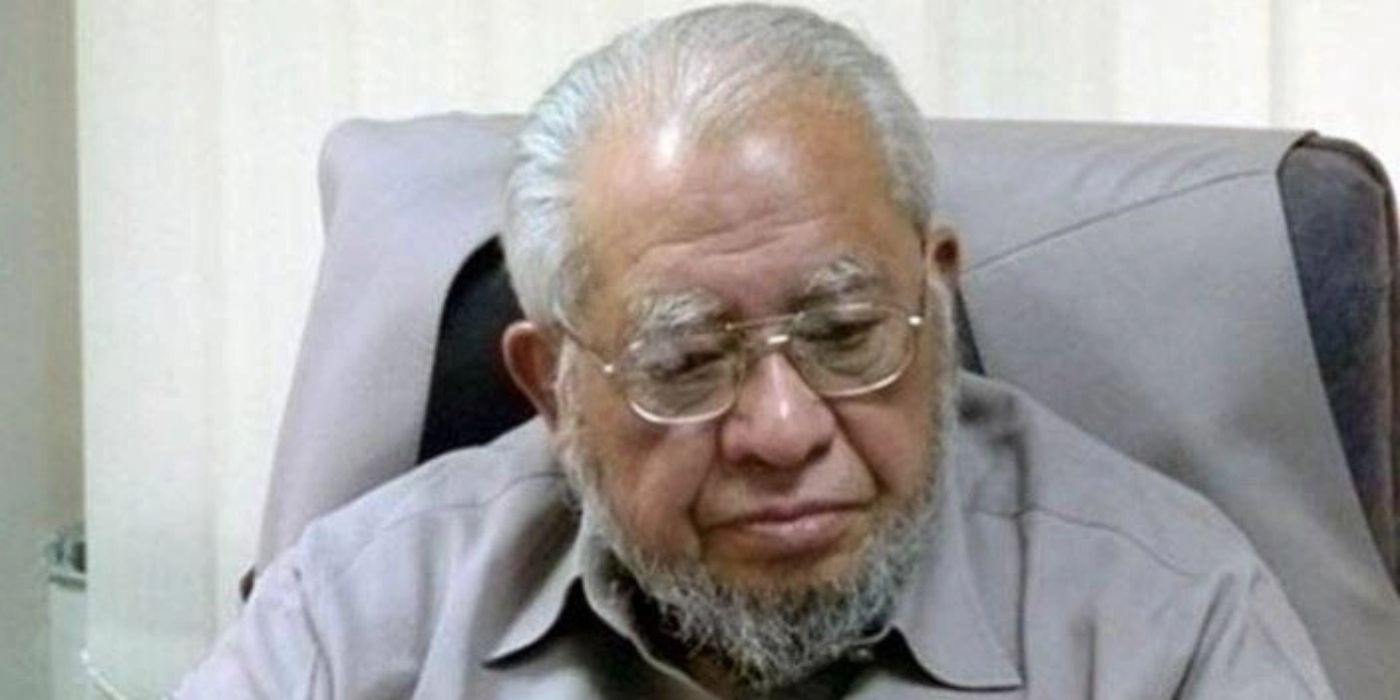Professor Khurshid Ahmad, renowned Islamic economist and scholar, passes away at 93
On April 13, 2025, Professor Khurshid Ahmad, a leading Islamic economist, academic, and former senator of Pakistan, passed away at the age of 93 in Leicester, United Kingdom. Widely admired for his contributions to Islamic economic thought and socio-political discourse, he leaves behind a profound legacy of scholarship, activism, and institutional development that influenced generations worldwide.

Early life and education
Born on 23 March 1932 in Delhi, Professor Ahmad received his early education at Delhi College (later Zakir Husain Delhi College). After the 1947 partition, his family relocated to Lahore, where he studied at the Government College University. Demonstrating an early aptitude for economics, he published his first English-language article—on Pakistan’s budget—in 1949 for the Muslim Economist.
Professor Ahmad earned first-class honours in Economics at Karachi University in 1952–3, followed by a master’s degree in 1955 and an LLB in 1958. In 1962, he completed a master’s in Islamic Studies at Karachi University. He later pursued a doctorate in Economics at the University of Leicester, focusing on Islamic economic jurisprudence. The University of Leicester recognized his services to literacy by awarding him an honorary doctorate in Education in 1970.
Activism and early career
Professor Ahmad joined Islami Jamiat-e-Talaba in 1949, rising to chief administrator between 1953 and 1955. He edited various publications, including The Students Voice (1952–5), The New Era (1955–6), The Voice of Islam (1957–64), and Chiragh-e-Rah (1957–68). In 1956, he became affiliated with Jamaat-e-Islami, later serving as the party’s Vice President. Over the course of his career, he authored roughly 70 books—divided equally between Urdu and English—and published numerous scholarly articles.
Political involvement and economic policy
Professor Ahmad served three terms in the Senate of Pakistan: from 1985 to 1997, and again from 2003 to 2012. In 1978, he was appointed Federal Minister for Planning, Development & Statistics, and from August 1978 to April 1979 served as Deputy Chairman of the Planning Commission. In that role, he introduced measures to align Pakistan’s public and economic policies with Islamic principles, an initiative that continued to inform the country’s financial framework for decades to come.
Founding institutions and academic roles
Beyond Pakistan, Professor Ahmad’s impact was felt strongly in the United Kingdom. In 1973, he co-founded the Islamic Foundation in Leicester along with Khurram Murad. As the Foundation’s inaugural chairman, he steered it for more than twenty years, making it a premier center for Islamic research and education. The institution’s pioneering work in publishing, training, and outreach significantly shaped British Muslim identity and scholarship in the latter half of the 20th century.
He was also a key figure in academic administration. His appointments included Advisor at King Abdul Aziz University in Jeddah (1976–1983) and Chairman of the International Institute of Islamic Economics at the International Islamic University, Islamabad (1983–1987). Professor Ahmad additionally served as Vice Chancellor of the Pakistan Institute of Development Economics and as Rector of the Markfield Institute of Higher Education in the UK.
Scholarly contributions and interfaith engagement
A prolific writer, Professor Ahmad was central to the development of modern Islamic economic theory, publishing works such as Studies in Islamic Economics, Towards Monetary and Fiscal System of Islam, and Economic Development in an Islamic Framework.
These publications were translated into multiple languages, including Arabic, French, Turkish, Bengali, and Chinese, guiding both policy and scholarly debate on Islamic finance and economic models.
He also engaged in interfaith efforts, holding roles with various international organizations, including the Standing Conference on Jews, Christians & Muslims in Europe.
Recognition and awards
His lifelong service to Islamic scholarship and public policy earned him numerous accolades:
- Islamic Development Bank Award (1988)
- King Faisal International Prize (1990)
- La Riba Prize (1998)
- Lifetime Achievement Award by IKAM (2022)
- Nishan-e-Imtiaz (2011), one of Pakistan’s highest civilian honours
Additional honorary doctorates came from institutions in Malaysia and the UK, recognizing his expertise in economics, education, and literature.
Legacy
Professor Khurshid Ahmad’s death marks the passing of a visionary intellectual who profoundly influenced Islamic economics, shaped modern policymaking in Pakistan, and fostered a thriving ecosystem of Muslim scholarship in the West.
His meticulously researched Senate speeches, institutional leadership, and pioneering works in interest-free banking and finance continue to inspire academics, policymakers, and community leaders.
He leaves behind a legacy of principled engagement, interfaith dialogue, and unwavering commitment to the values of Islam.

Muhammad Ali Bandial